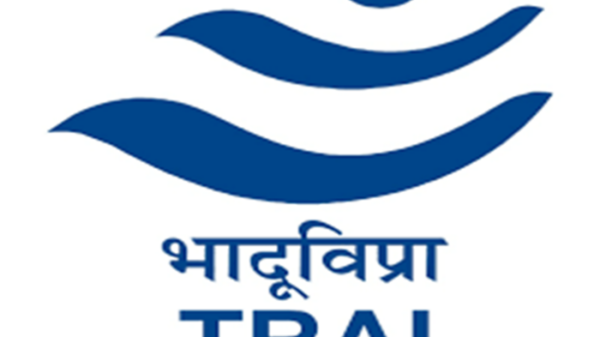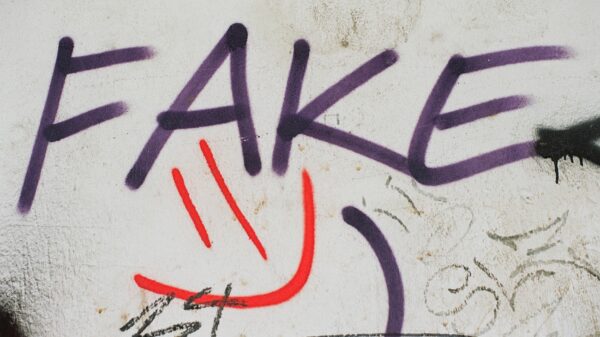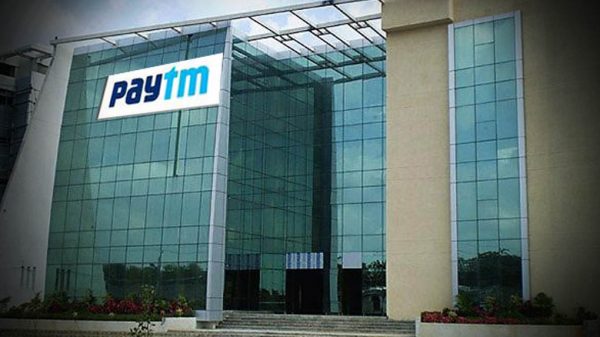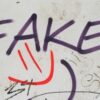On May 26, the United States Southern District Court of New York issued a show cause notice to attorneys Peter LoDuca and Steven A. Schwartz, and the law firm they work for—Levidow, Levidow & Oberman, P.C.—because of the fake AI-generated court cases received as a defense for the Robert Mata v Avianca Airline Inc case it is representing right now. The attorneys and their law firm have to show cause on June 8 and justify why sanctions shouldn't be imposed against them under Rule 11(b)(2) & (c), Fed. R. Civ. P., (2) 28 U.S.C. § 1927 (which requires attorneys to examine the merits of a claim before filing it with the court), and the citation of fraudulent cases. While the show cause notice has been issued for LoDuca, Schwartz, and the firm, the one responsible for adding fake court cases was Schwartz. Schwartz says that LoDuca neither had a role in the research nor did he have knowledge of how the research was conducted. Why it matters: The fact that the AI-generated court cases seemed believable enough for Schwartz to cite them tells us about the serious concerns surrounding generative AI's ability to produce misinformation/disinformation. While the fake cases were eventually discovered, it is important to note that the process of fact-checking these cases eats into the time a case is being heard for. As the legal maxim "justice delayed is justice denied" implies, in serious cases, time spent on fact-checking could render the resolution ineffective. The issue of AI…





























